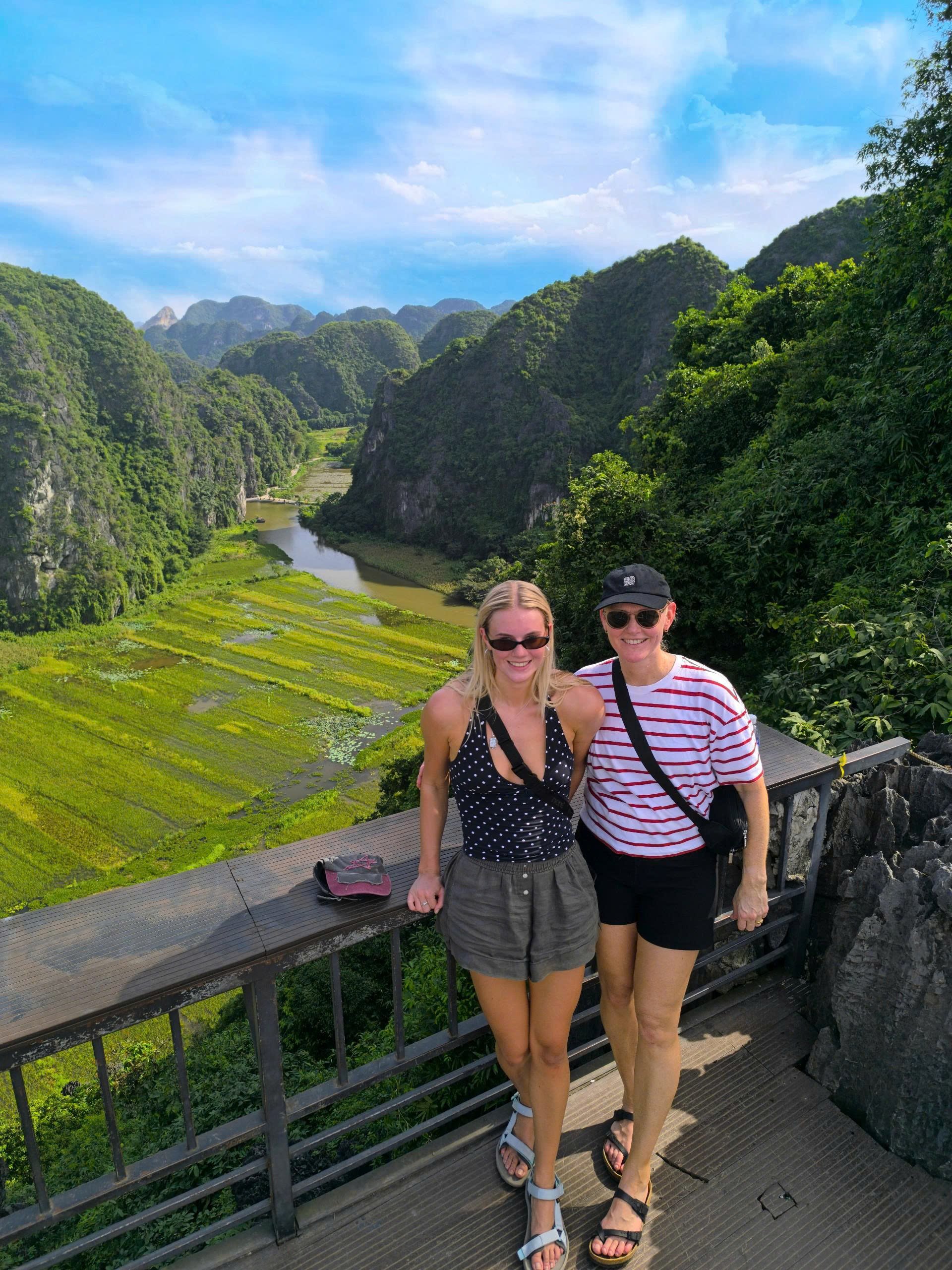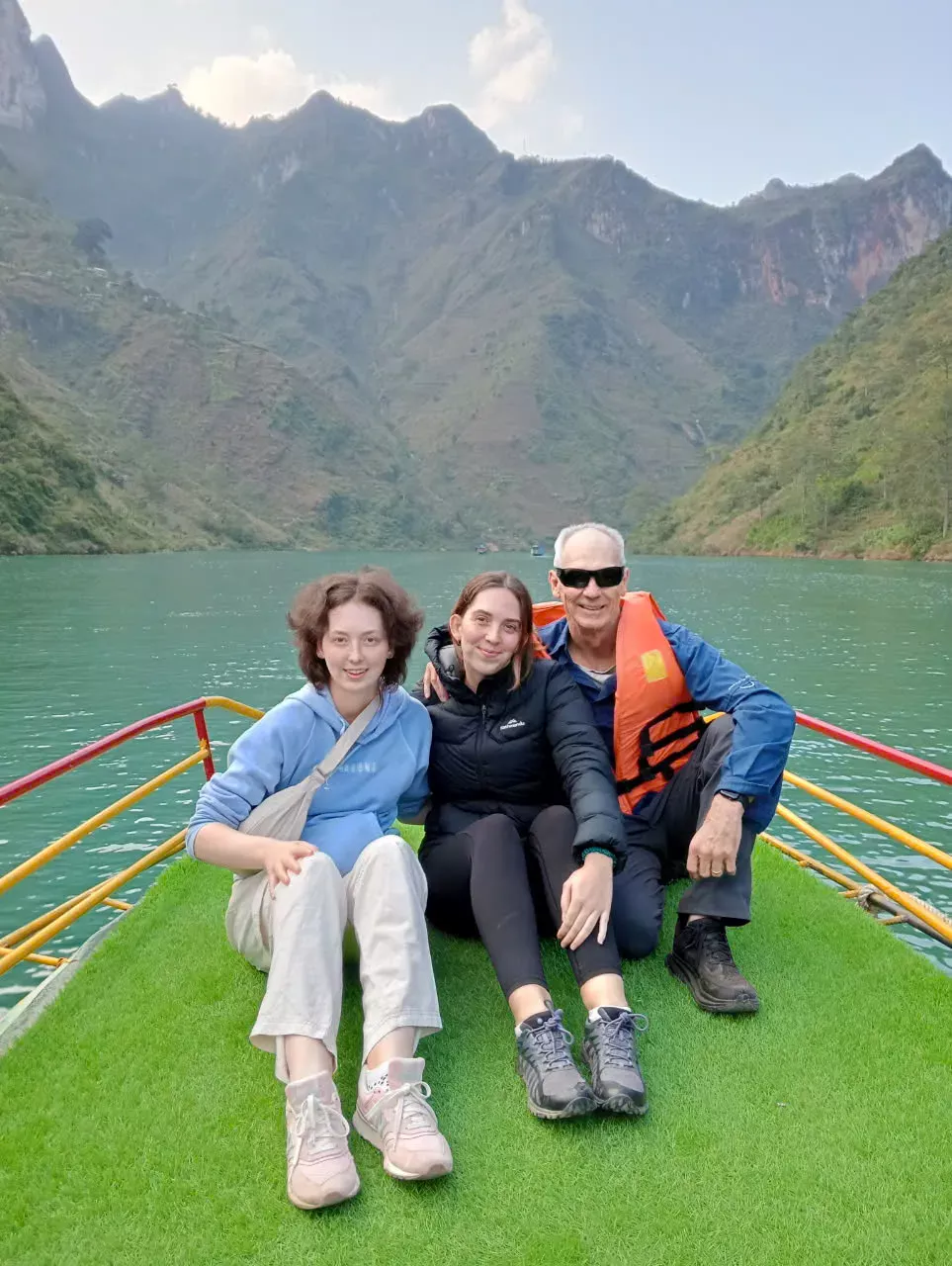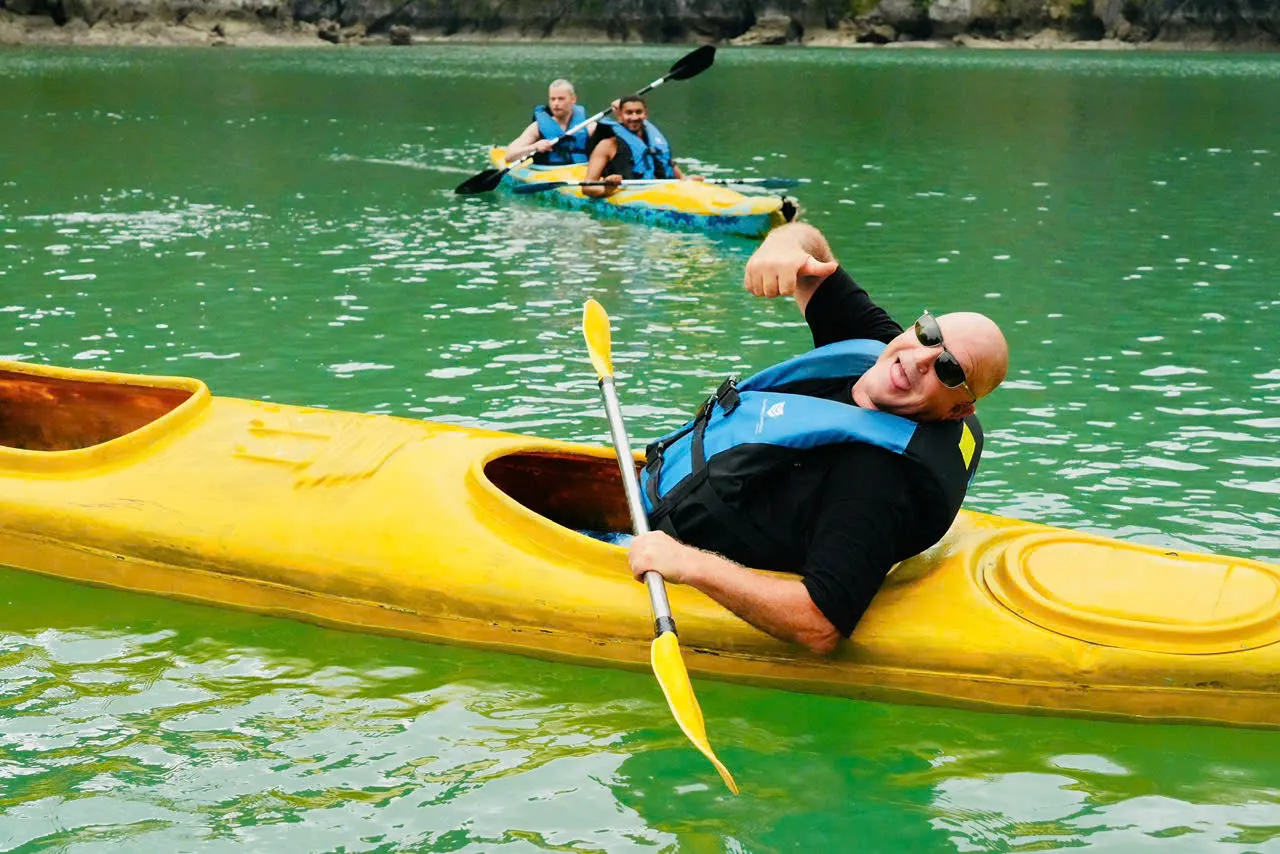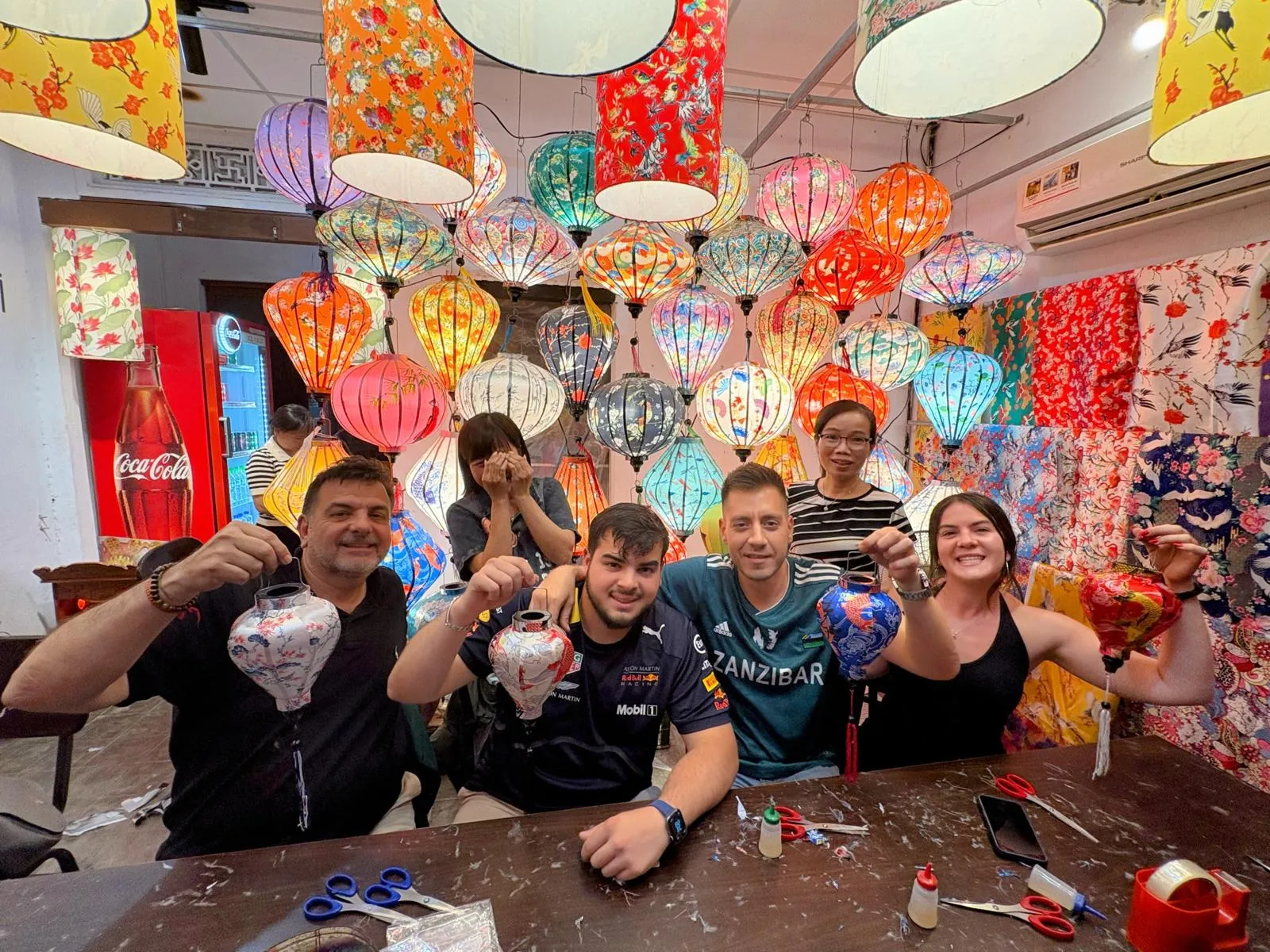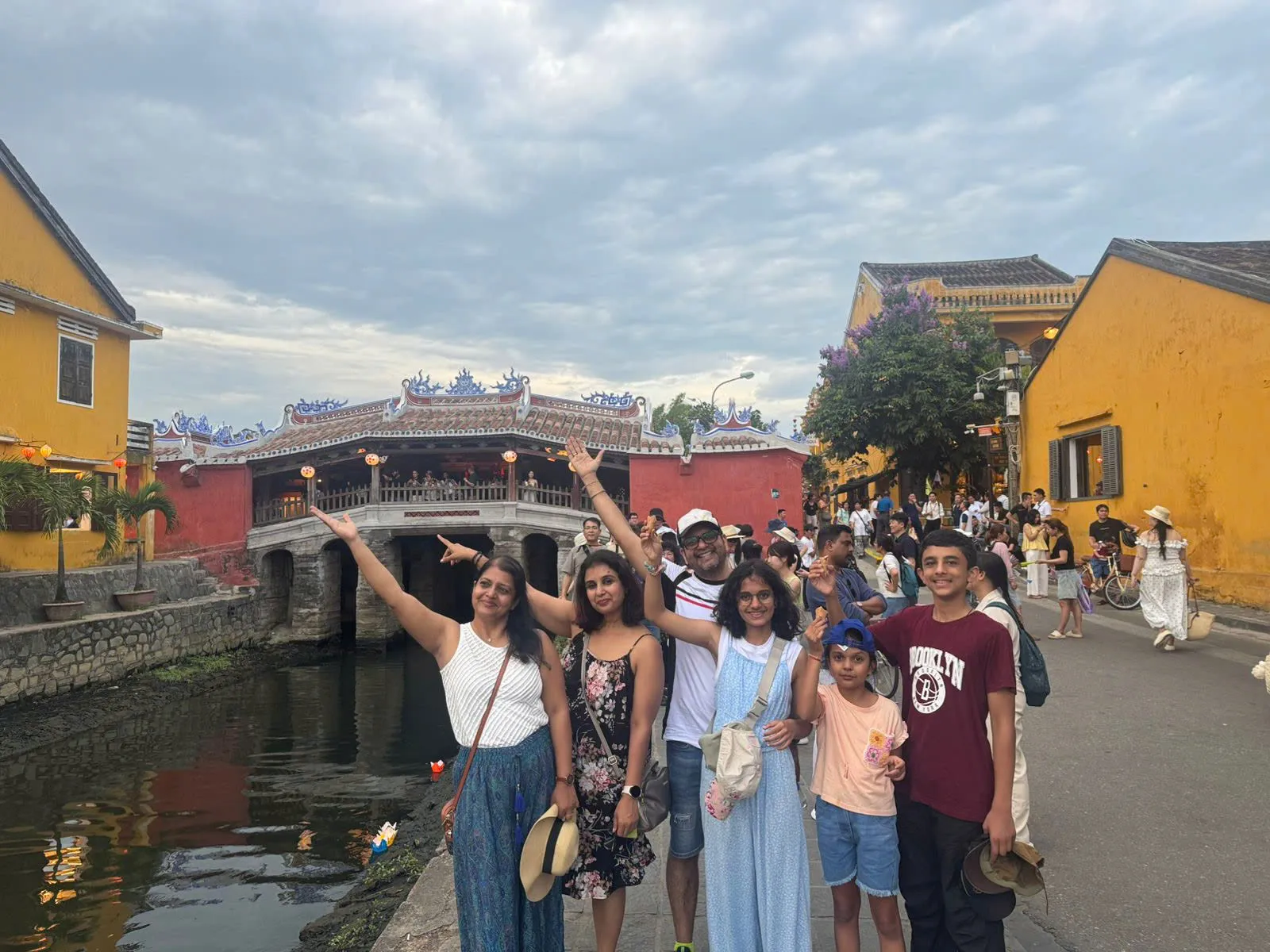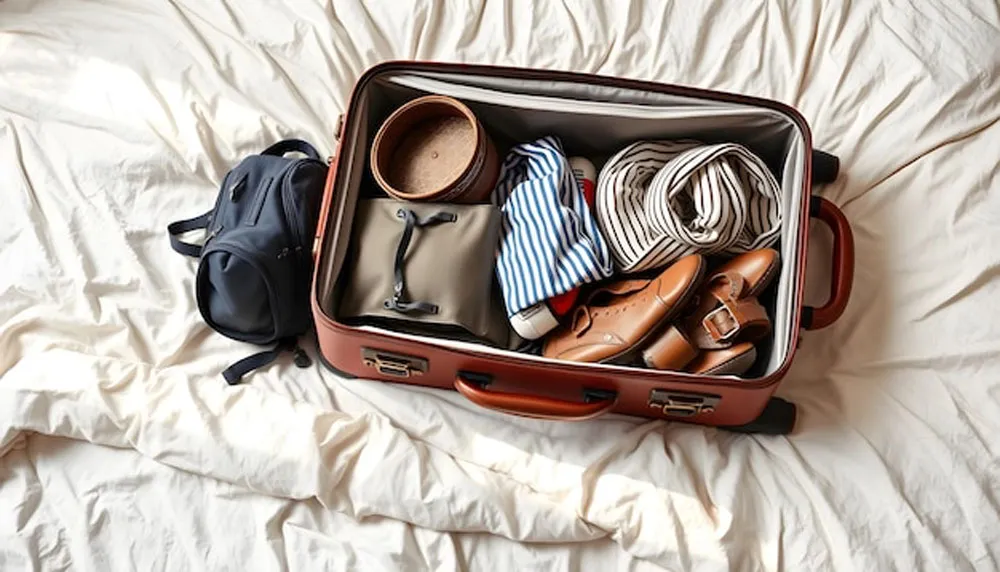
Why you need a region-specific packing strategy for Thailand travel
Unlike many destinations, Thailand demands region-specific packing. The weather can change significantly between the mountains of the north and the islands in the south. In the cool season (November to February), the north can be chilly at night, while Bangkok remains warm and humid. From May to October, heavy rains arrive, especially in the southern provinces.
Packing light is smart, but packing right is smarter. Bringing versatile, respectful clothing and essential gear helps you stay comfortable, especially when temple visits, island-hopping, or long-distance travel are part of the plan.
Thailand travel documents and money: Essential first
Before you worry about what clothes to bring, ensure your travel documents are complete. A passport with at least six months’ validity is mandatory. Depending on your nationality, you may also need a visa or electronic travel authorization. It’s advisable to carry printed copies of your hotel bookings, travel insurance, and flight itineraries—even if you’ve saved them digitally.
Thailand’s economy is largely cash-based, particularly in local markets and rural areas. Bring a mix of Thai Baht in small denominations and at least one international credit or debit card. ATMs are widely available, but having cash in hand can be helpful when traveling outside major cities.
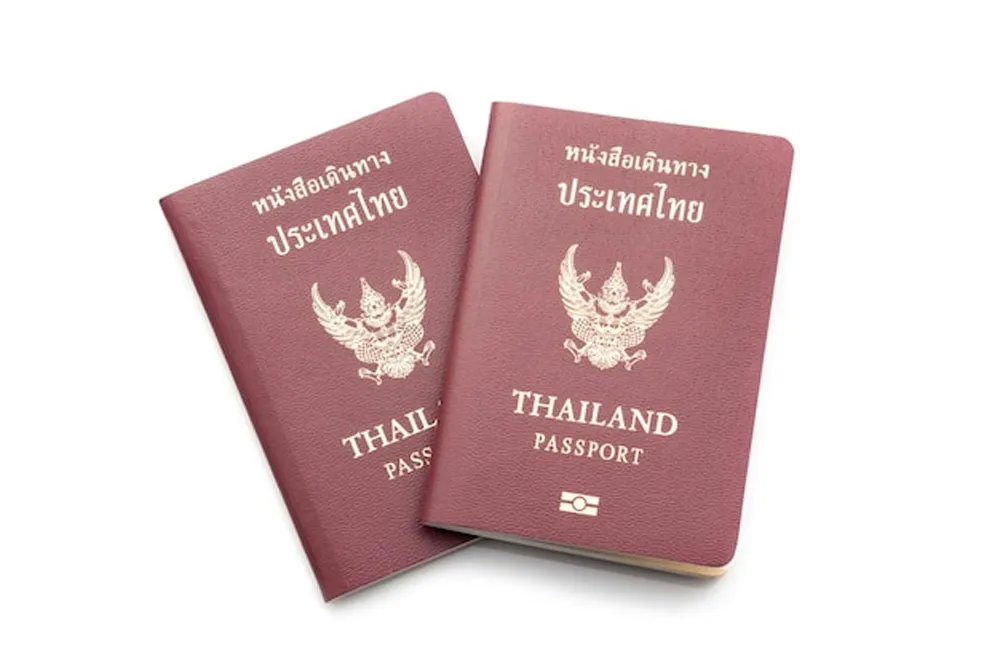
Dress for comfort, culture and climate
Thailand’s tropical climate means lightweight clothing is a must, but packing should go beyond tank tops and shorts. The key is to balance comfort with cultural respect. Temples require modest dress—covered shoulders and knees—so a lightweight scarf and loose-fitting pants are helpful. Many travelers invest in local “temple pants” or sarongs, which are affordable and widely available in markets.
In the north, cooler evening temperatures between November and February may require a light jacket or hoodie. In Bangkok and southern beach destinations, loose cotton tops and breathable dresses work well year-round. Quick-dry clothing is highly recommended during the rainy season.
 Footwear should be practical. Flip-flops or slip-ons are ideal for beach areas and casual strolls, while walking shoes or sandals with support are better for city tours and temple visits. If you’re planning a trek in Pai or Chiang Mai, add a pair of lightweight hiking shoes.
Footwear should be practical. Flip-flops or slip-ons are ideal for beach areas and casual strolls, while walking shoes or sandals with support are better for city tours and temple visits. If you’re planning a trek in Pai or Chiang Mai, add a pair of lightweight hiking shoes.
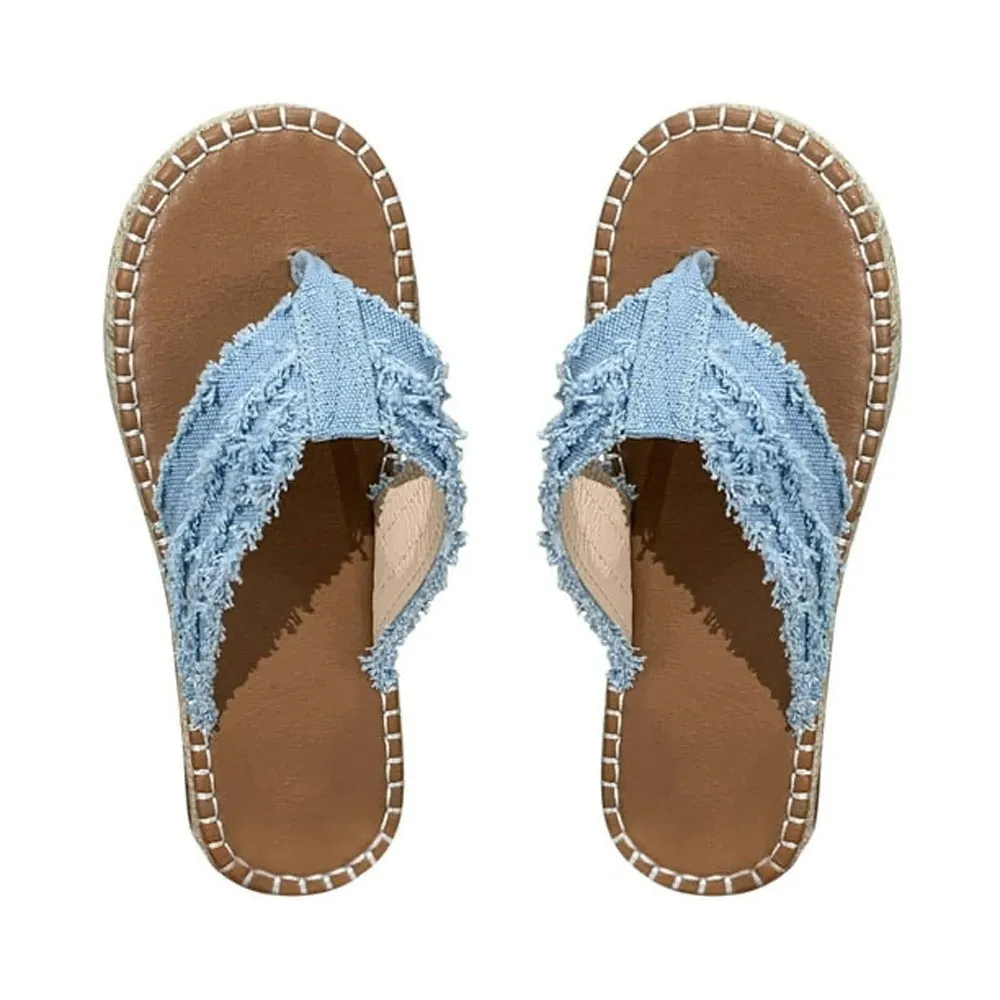
Stay healthy: pack a personal health and hygiene kit
Thailand is generally safe for travelers, but a few health-related essentials should be in every bag. First, bring any prescription medication you may need, in its original packaging. While Thai pharmacies are well-stocked in cities, it’s safer to carry what you’re used to.
A compact first aid kit should include antiseptic wipes, band-aids, pain relievers, anti-diarrheal tablets, and motion sickness medication—especially helpful for boat rides or winding mountain roads. Insect repellent is essential due to the presence of mosquitoes in rural and beach areas. Choose one with DEET or a natural alternative.
For personal hygiene, travel-sized toiletries are sufficient, as most items can be purchased locally. Include hand sanitizer, biodegradable wipes, and sunscreen (preferably reef-safe if you’re swimming). If you’re traveling during the rainy season, consider a compact umbrella or poncho.
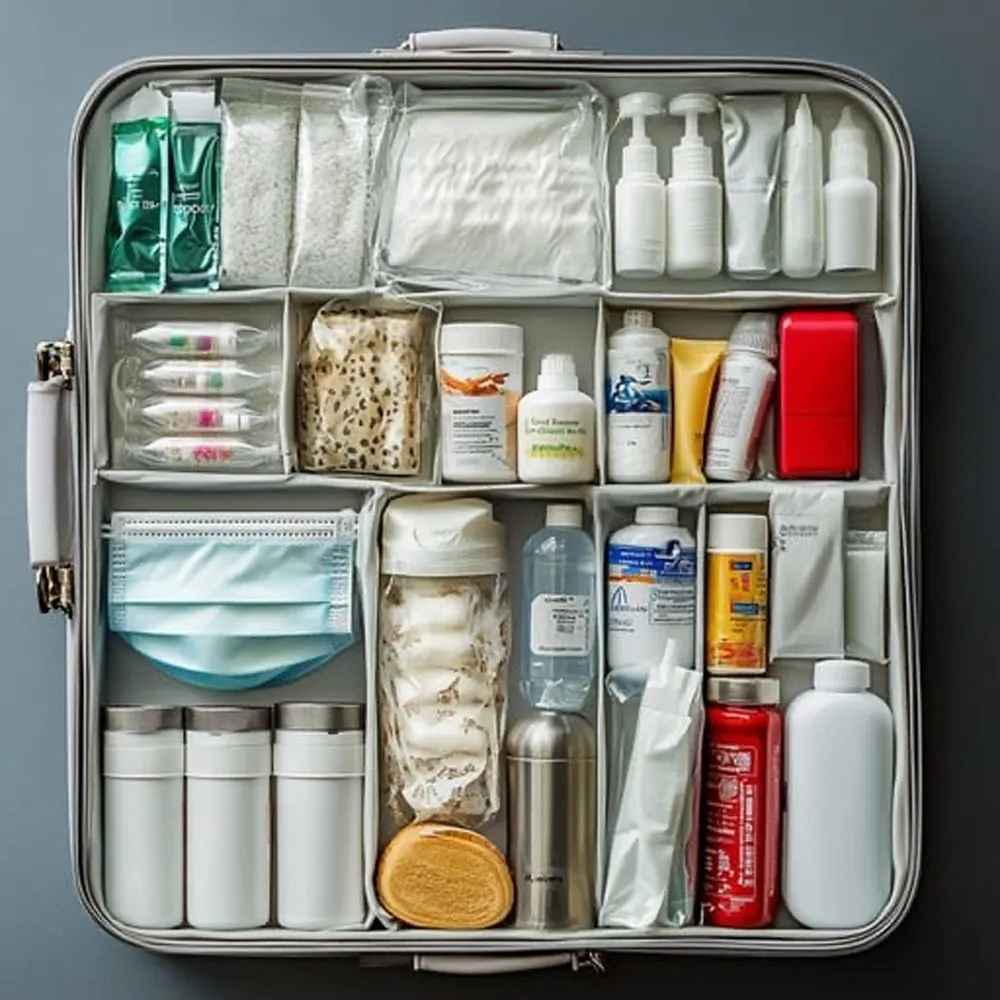
Stay charged and connected: electronics to bring
Whether you’re a digital nomad or just love to document your adventures, packing the right electronics is key. Thailand uses plug types A, B, and C, so bring a universal adapter to cover all your devices. A power bank (preferably 20,000 mAh) will keep your phone charged during long day trips.
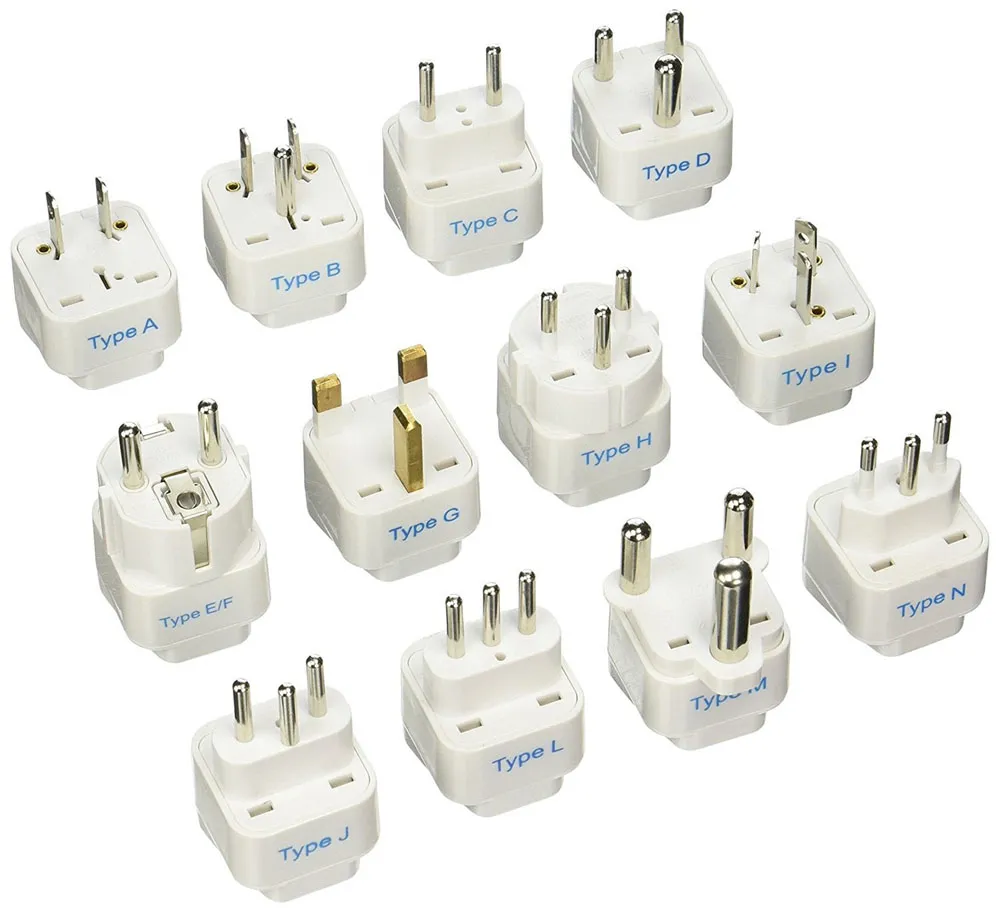
If you plan to use your phone for navigation, language translation, or Grab (Thailand’s rideshare app), buy a local SIM card or eSIM. Options like AIS or TrueMove offer affordable tourist packages with fast mobile data.
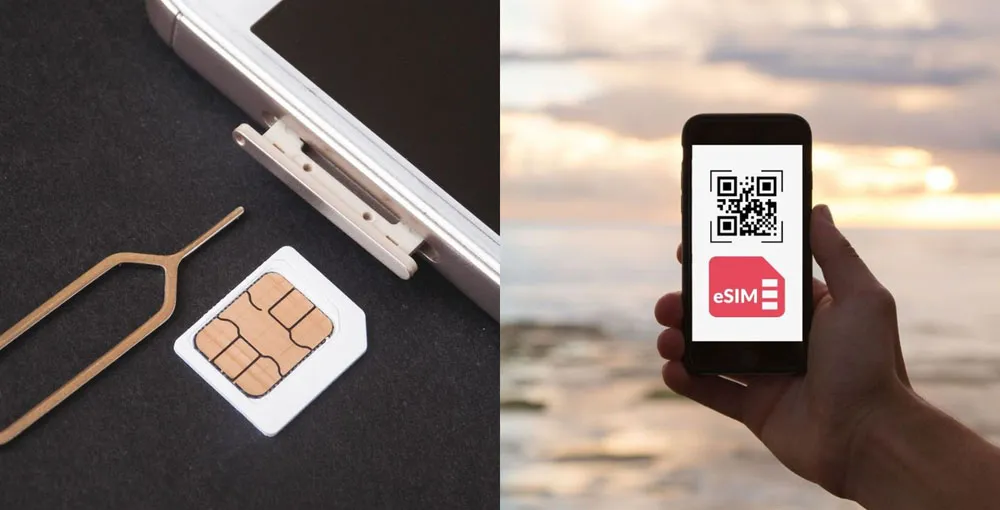
Other useful tech includes a waterproof phone pouch (especially for boat tours), a travel camera or GoPro with extra SD cards, and headphones for long transit times. If you’re traveling with a laptop, consider a lightweight sleeve or padded daypack.
Small extras that make a big difference
Smart packing isn’t just about clothes and chargers—it’s about comfort and convenience. A microfiber towel can be a game-changer for hostel stays or impromptu beach visits. A reusable water bottle is both eco-friendly and essential in Thailand’s heat.
Packing cubes help keep your belongings organized, especially when moving frequently between destinations. Other items to consider include a compact laundry detergent sheet, foldable shopping tote, notebook and pen, and a small flashlight for night markets or blackouts in remote areas.
Most importantly, leave space in your bag. Thailand is full of tempting souvenirs, from handmade textiles to herbal soaps and streetwear. Overpacking will make shopping and traveling unnecessarily stressful.
What to leave at home when traveling to Thailand
Overpacking is the most common travel mistake. Leave heavy jeans, bulky jackets, and full-size toiletries behind. Not only will they weigh down your luggage, but you’re unlikely to use them. Hairdryers and irons are provided in most hotels, and laundry services are affordable and fast.\
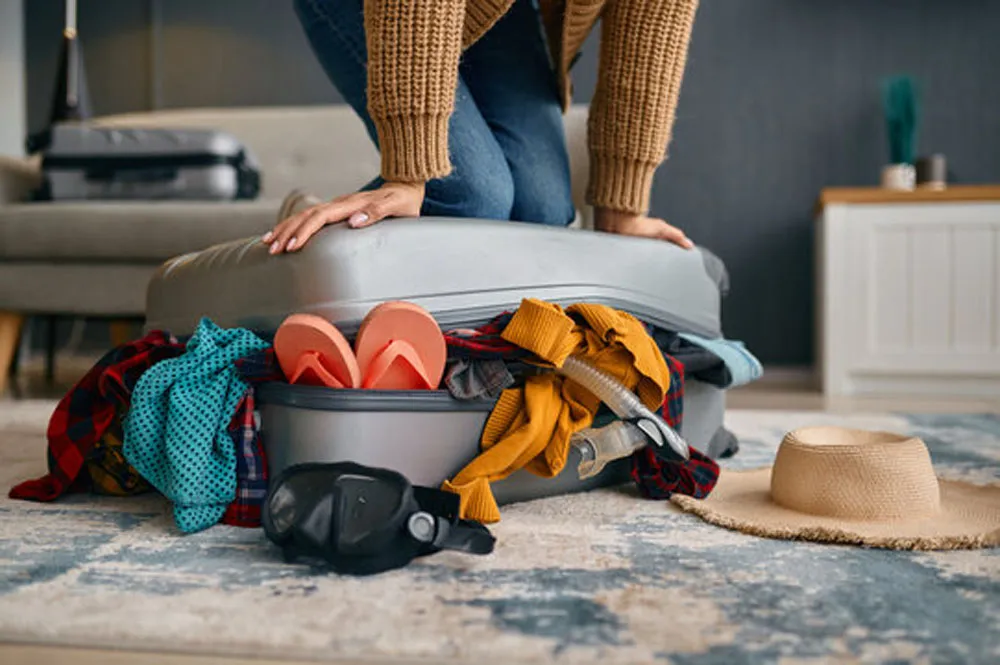 Avoid bringing expensive jewelry or luxury items. While Thailand is generally safe, pickpocketing can occur in crowded areas. Focus on practical, replaceable items that you won’t miss if lost.
Avoid bringing expensive jewelry or luxury items. While Thailand is generally safe, pickpocketing can occur in crowded areas. Focus on practical, replaceable items that you won’t miss if lost.
Free download: printable Thailand packing checklist (2026 Edition)
To help you stay organized, we’ve created a free printable checklist that breaks everything down by category: documents, clothing, toiletries, electronics, and more. Whether you’re a solo traveler, a couple, or a family, this list is designed to help you pack efficiently and confidently.
Download printable Thailand packing checklist
|
Category
|
Items
|
Note
|
Check
|
-
Travel Documents & Money
|
Valid passport (6+ months)
|
Must-have for entry
|
|
|
|
Thailand visa or eVisa (if needed)
|
Check if required for your nationality
|
|
|
|
Travel insurance (printed & digital)
|
Needed for emergencies or hospital entry
|
|
|
|
Hotel booking confirmations
|
Keep a copy in email & print
|
|
|
|
Flight tickets (especially domestic)
|
Some require printed copies
|
|
|
|
Copies of ID/passport
|
Store separately from originals
|
|
|
|
Emergency contact list
|
Physical + phone version
|
|
|
|
Thai Baht cash
|
Carry small denominations
|
|
|
|
Debit/credit cards
|
Inform your bank of travel
|
|
|
Clothing by Region & Weather
|
Breathable tops (cotton/linen)
|
4–5 pieces
|
|
|
|
Quick-dry pants or shorts
|
2–3 pieces
|
|
|
|
Maxi dress / temple pants
|
For temples & modest areas
|
|
|
|
Lightweight rain jacket
|
For rainy season (May–Oct)
|
|
|
|
Long-sleeve shirt or scarf
|
Sun or temple protection
|
|
|
|
Swimsuits
|
1–2 pieces
|
|
|
|
Beach cover-up or rash guard
|
Optional for sun-sensitive skin
|
|
|
|
Light jacket or hoodie
|
For mountain areas
|
|
|
|
Long-sleeve shirt or scarf
|
Sun or temple protection
|
|
|
|
Swimsuits
|
1–2 pieces
|
|
|
|
Light jacket or hoodie
|
For mountain areas (Chiang Mai, Pai)
|
|
|
|
Hat or cap
|
UV protection
|
|
-
Footwear
|
Flip-flops / sandals
|
|
|
|
|
Sneakers
|
|
|
-
Toiletries & Hygiene
|
Toothbrush & toothpaste
|
Travel size preferred
|
|
|
|
Shampoo / soap / body wash
|
Solid bars are eco & leak-proof
|
|
|
|
Prescription medication
|
In original packaging
|
|
|
|
Insect repellent
|
Essential in rural or beach areas
|
|
|
|
Sunscreen (reef-safe)
|
SPF 30+ recommended
|
|
|
|
Face masks
|
For public transport or air pollution
|
|
|
|
Motion sickness pills
|
Ferries, buses, or boats
|
|
|
|
Medications you take daily: allergy medicine, treatment medications, etc.
|
In case the medication is difficult to find in another country
|
|
-
Electronics & Gadgets
|
Smartphone & charger
|
Main communication tool
|
|
|
|
Universal power adapter (A, B, C types)
|
Thailand uses multiple plug types
|
|
|
|
Travel camera or GoPro
|
Optional for high-quality photos
|
|
|
|
Portable Wi-Fi or local SIM
|
Available at airport
|
|
-
Comfort & Extras
|
Lightweight daypack
|
For daily activities
|
|
|
|
Travel pillow
|
For long journeys
|
|
|
|
Snacks / energy bars
|
Especially for treks or transit
|
|
Final thoughts
Traveling to Thailand in 2026 is more accessible and exciting than ever. With the right preparation, your trip can be seamless, comfortable, and deeply enriching. This Thailand packing list is designed to help you bring exactly what you need - nothing more, nothing less.
From bustling night markets and ornate temples to jungle hikes and sunset beaches, Thailand offers unforgettable experiences. Don’t let packing stress take away from the adventure. Use this guide, download your checklist, and get ready to explore the Land of Smiles with peace of mind.
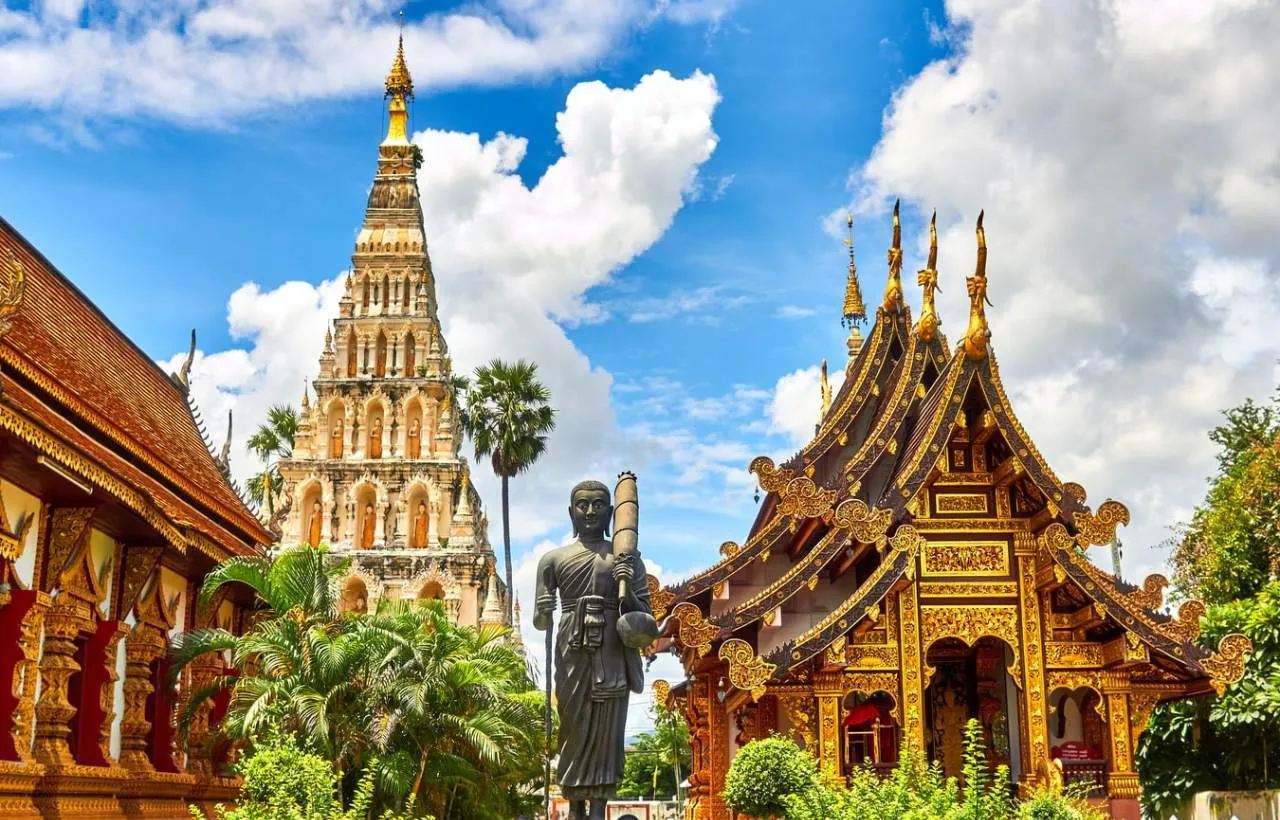
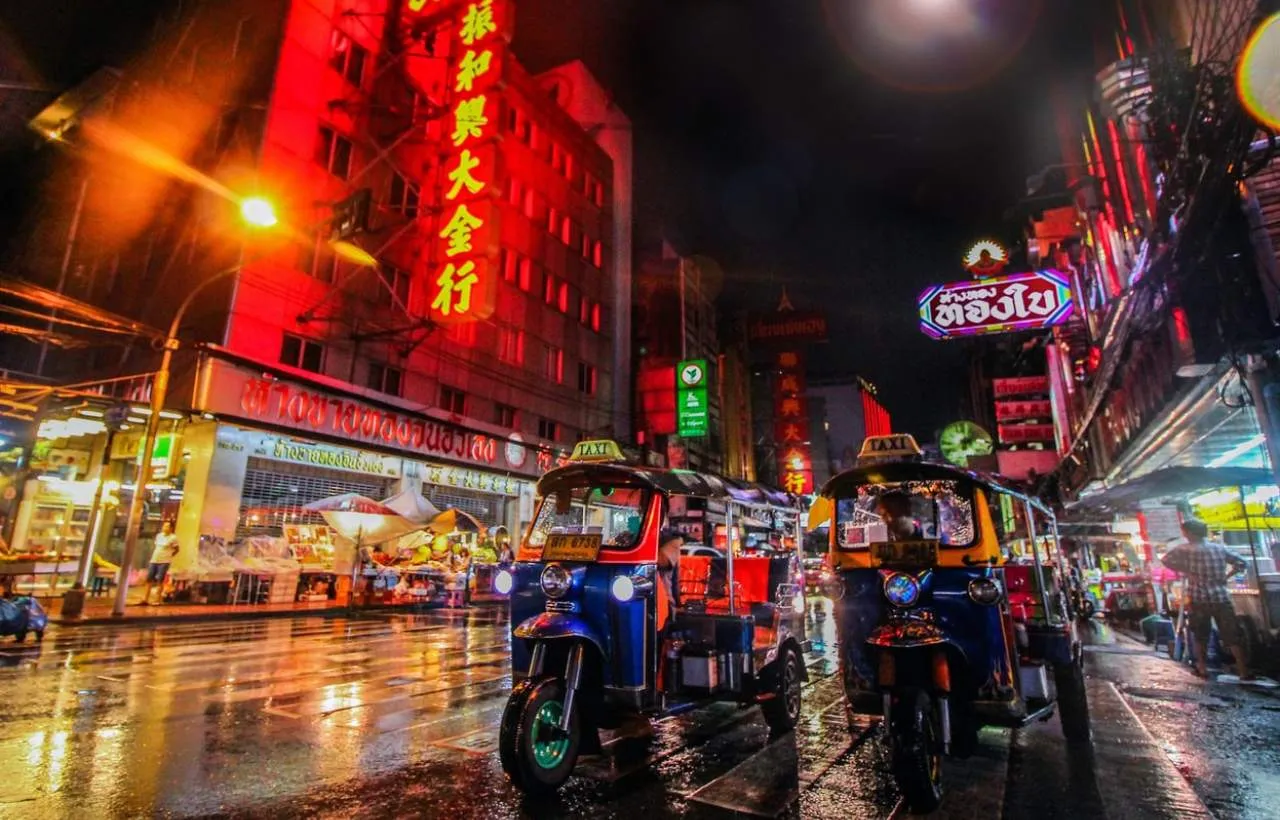

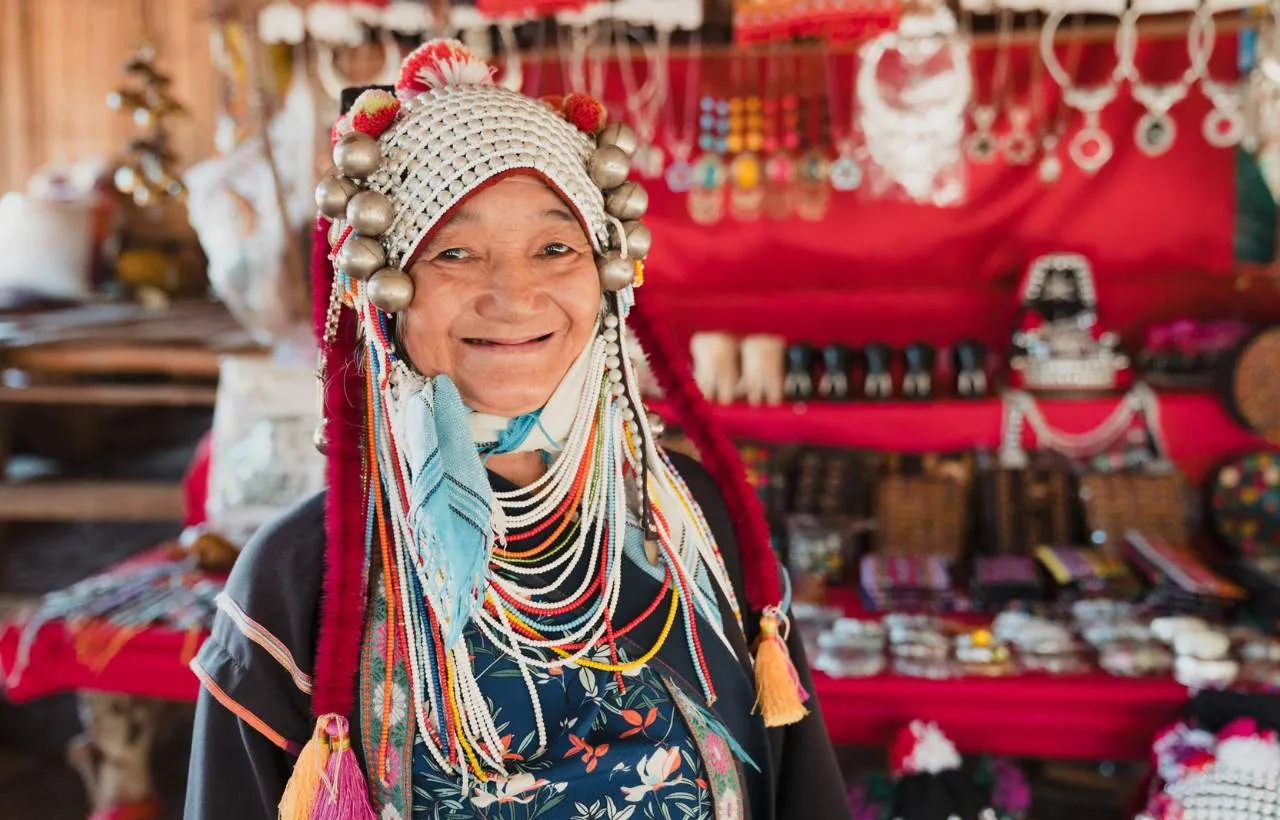
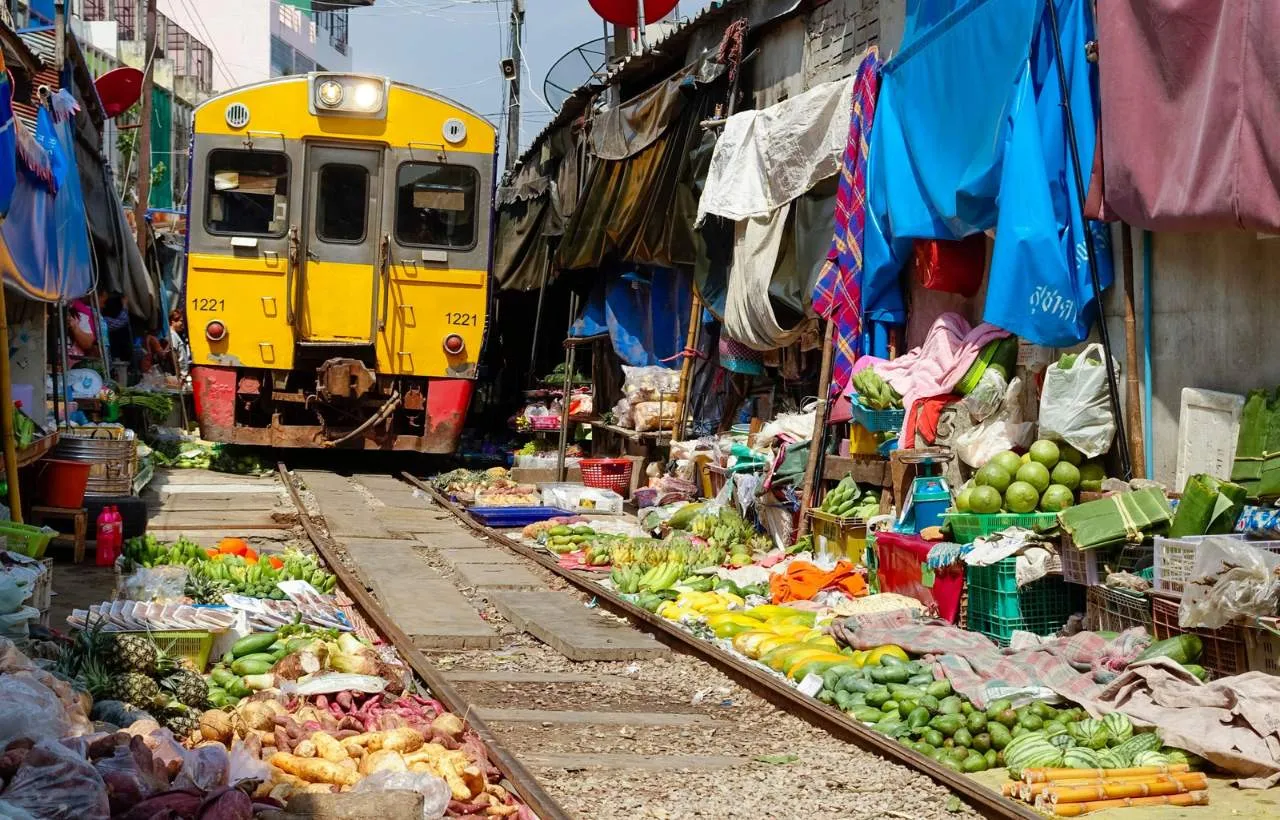
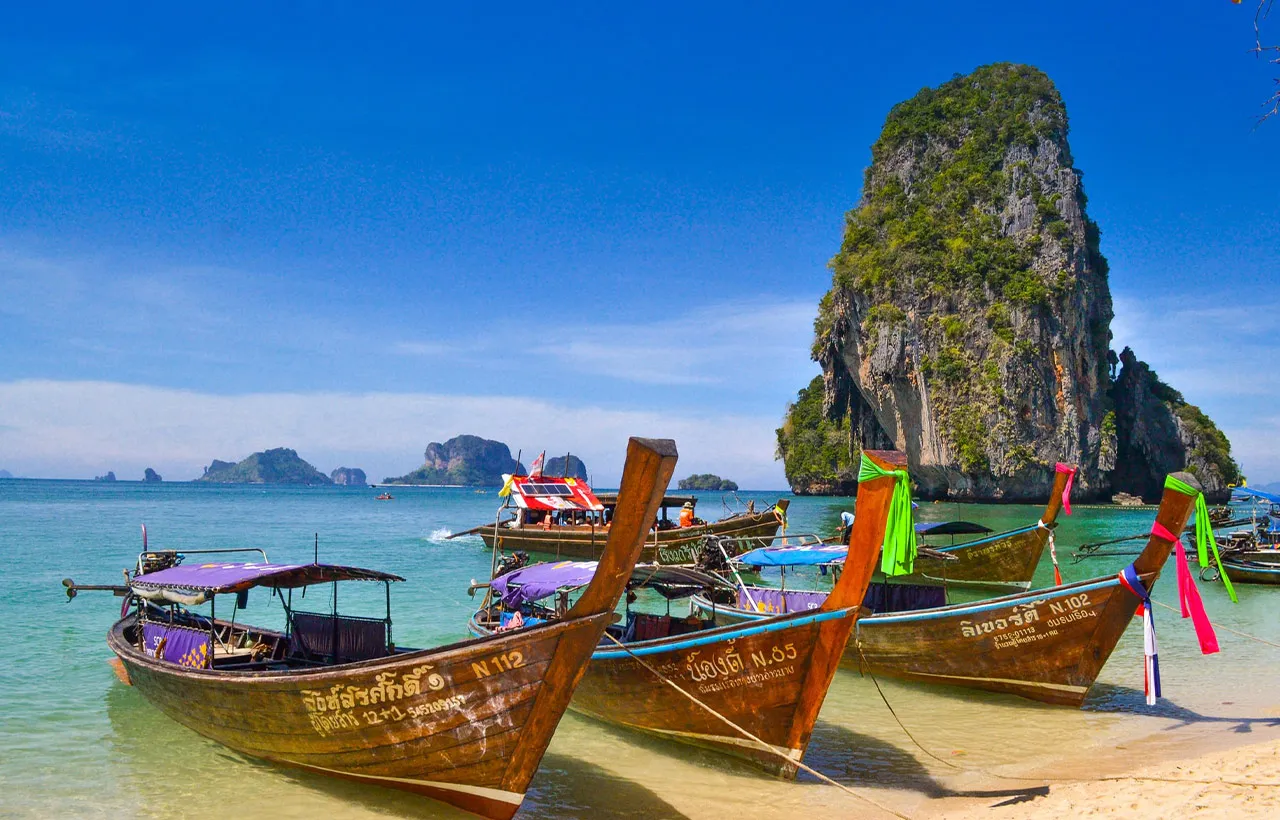










 Footwear should be practical. Flip-flops or slip-ons are ideal for beach areas and casual strolls, while walking shoes or sandals with support are better for city tours and temple visits. If you’re planning a trek in Pai or Chiang Mai, add a pair of lightweight hiking shoes.
Footwear should be practical. Flip-flops or slip-ons are ideal for beach areas and casual strolls, while walking shoes or sandals with support are better for city tours and temple visits. If you’re planning a trek in Pai or Chiang Mai, add a pair of lightweight hiking shoes.



 Avoid bringing expensive jewelry or luxury items. While Thailand is generally safe, pickpocketing can occur in crowded areas. Focus on practical, replaceable items that you won’t miss if lost.
Avoid bringing expensive jewelry or luxury items. While Thailand is generally safe, pickpocketing can occur in crowded areas. Focus on practical, replaceable items that you won’t miss if lost. Adventure and relaxation between the wings in Sapa _ Fly Sapa Paragliding.webp)
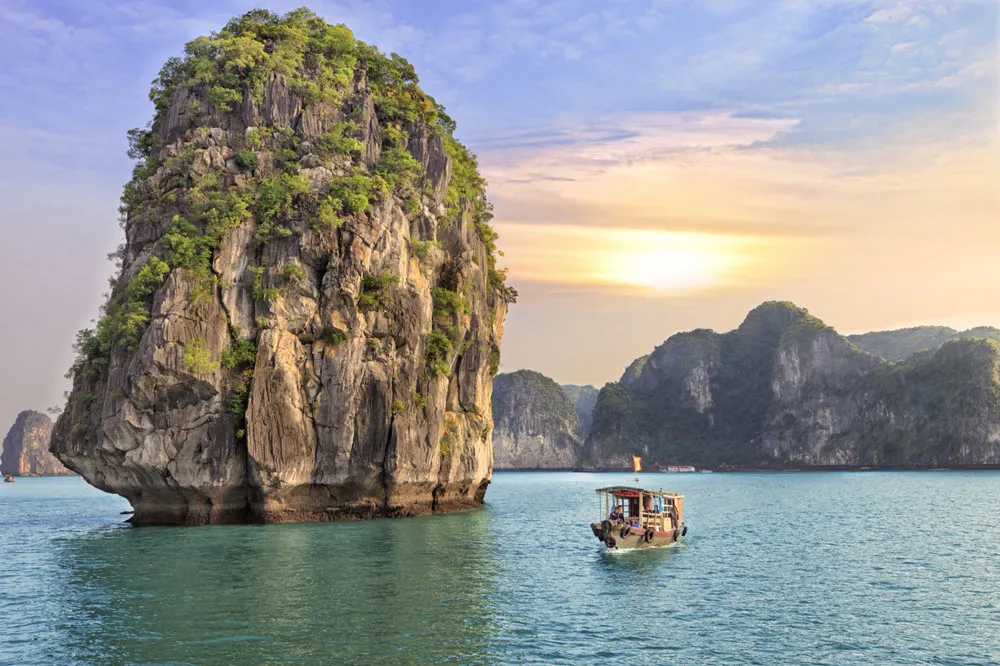

 View trip map
View trip map



